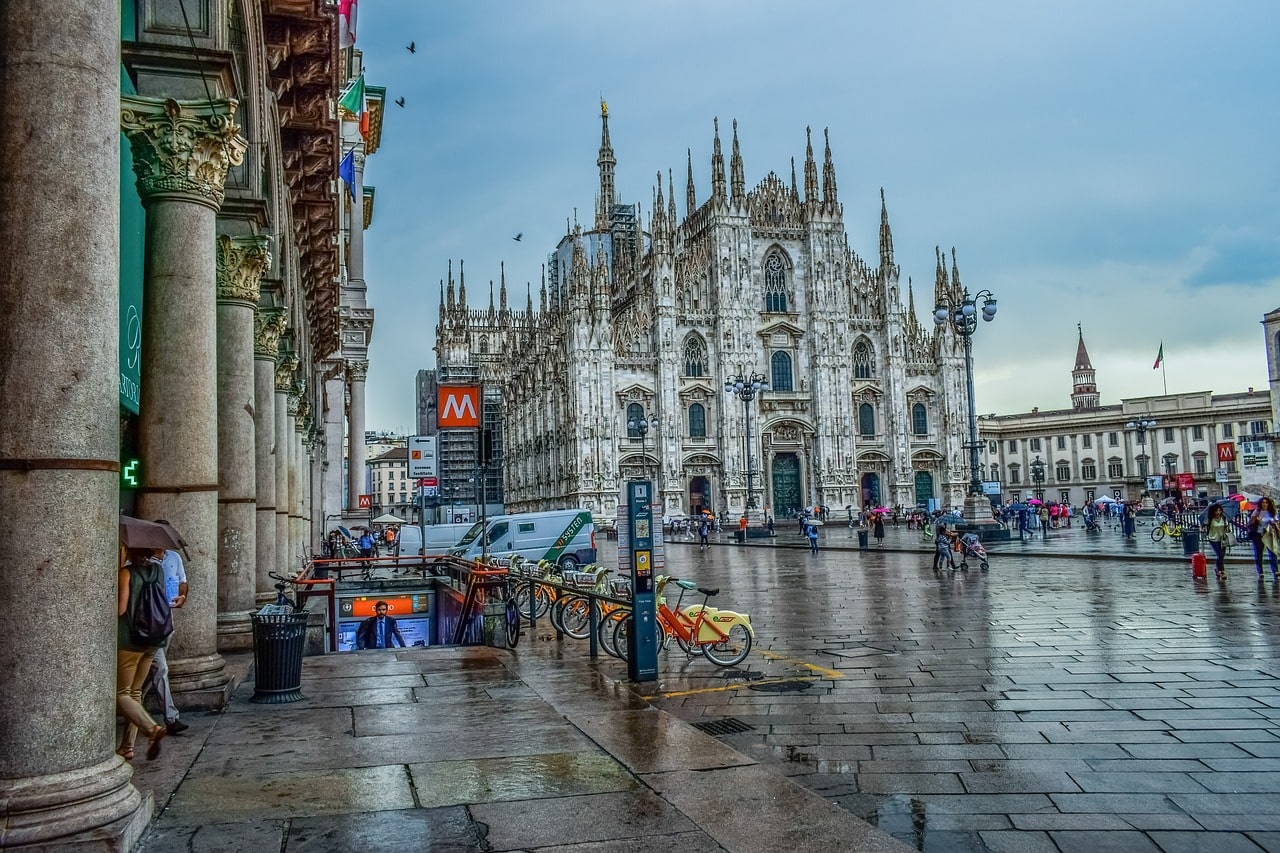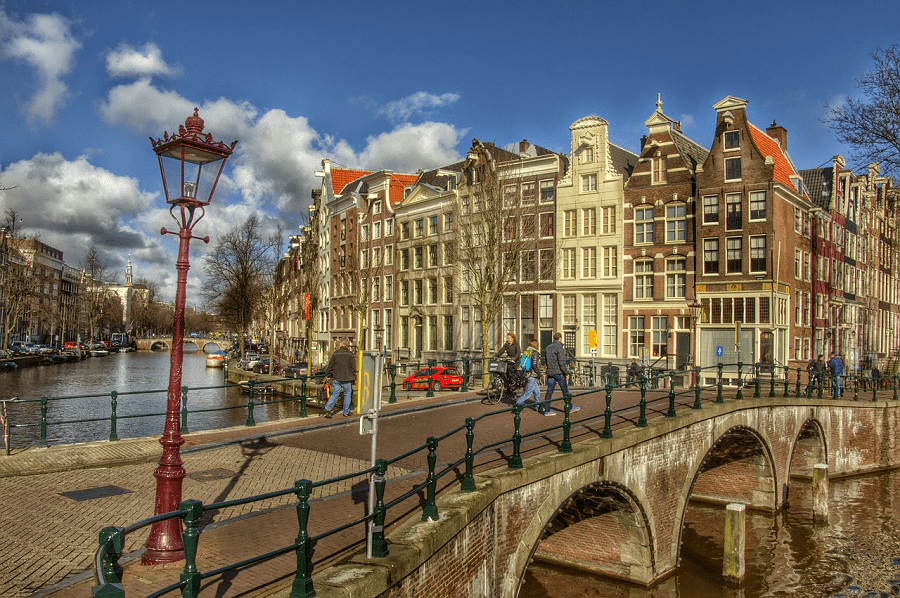Brussels is going to tighten the standard of its low emission zone 1 January 2020. All diesel vehicle that don't meet the Euro 4 standard or better are no longer allowed to circulate.
Why reduce air pollution caused by road transport?
- Road transport is responsible for emissions of air pollutants that affect the quality of the air. In Brussels, road transport is the main source of emissions of nitrogen oxides (NOx), fine particles (PM2.5) and black carbon (BC) particles.
These emissions contribute to the deterioration of air quality. In Brussels, particulate matter (PM2.5) and nitrogen dioxide (NO2) concentrations exceed the thresholds set by the European Union (for NO2) or recommended by the World Health Organization (for PM 2.5 ), involving health problems for the entire population.
Poor air quality leads to premature death and major health problems (respiratory and cardiovascular diseases, etc.) and particularly affects the most vulnerable people, such as children and the elderly. In 2015, Belgium had 7,400 premature deaths from exposure to fine particles, 1,500 premature deaths from exposure to nitrogen dioxide and 220 premature deaths from exposure to ozone, according to the latest report from the European Environment Agency.
What is the impact of an LEZ on air quality?
-
By gradually banning the most polluting vehicles from traveling in the Brussels-Capital Region, the LEZ makes it possible to reduce pollutant emissions from road transport.
The first results of the LEZ are encouraging. In just six months, the number of older diesel vehicles in circulation has declined significantly and the amount of NOx and PM2.5 emitted by cars in circulation has also decreased. These results are detailed in the 2018 evaluation report.
In the medium term, air quality is expected to improve throughout the country as a result of the LEZ. Brussels Environment anticipates that air quality standards for NO2 will be met at all measuring stations in the region between 2020 and 2025, as explained in the study on the expected effects of LEZ. This improvement will improve the quality of life and health of all Brussels residents.
Why are the restrictions more important for diesel vehicles?
- On average, diesel vehicles emit more pollutants (including nitrogen oxides) than petrol vehicles. Diesel engine exhaust gases are classified by the World Health Organization (WHO) as "carcinogenic to humans" because of their contribution to an increased risk of lung cancer. It is for these reasons that access restrictions focus primarily on diesel vehicles.







